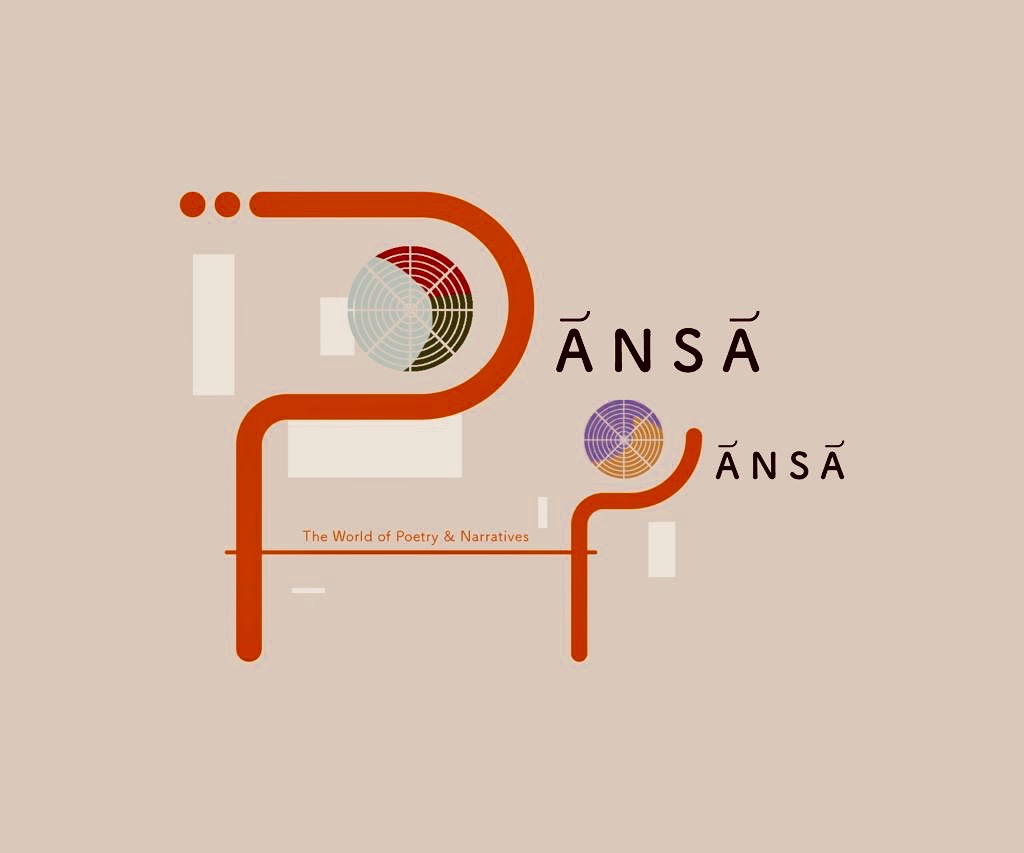By Fareeda Baruwa
I’m a child of the diaspora, living on stolen land
instead of the motherland
I’m too Nigerian, too Black for the people here,
but back home, I’m too Canadian, too White for the people over there.
When I’m back home, I try to blend in
I use my forgotten accents
Speak in my broken language
My tongue twisting through my sentences.
Smiling through the jokes and the slang
Pretending as if I could understand.
So I rely on my cousins who I’d grown up with
learning this language, learning this culture
to teach me what I should’ve known
to teach me what I could never learn on my own.
When I’m over here, I switch to the colonizer’s tongue
speaking fluently
words flowing effortlessly
And eventually, I forget everything I had just learnt back home.
struggling to maintain
struggling to preserve
my legacy and that of my ancestors
I’m a child of the diaspora, living on stolen land
instead of the motherland
Existing in a space
where some of my ancestors have never seen
or heard of
To some, I’m White, Oyinbo, westernized
To others, I’m Black, African, uncivilized
So where do I fall? Where do I belong?
To me, I am more than where I reside
I exist beyond the confines of a space
I am my ancestors’ wildest dreams
I am the manifestation of their answered prayers
I am a Nigerian Muslim, Canadian woman.
Born on my mother’s land
Living on stolen land.
Mother Tongue
I wish my mother valued our mother tongue
more than the colonizer’s language.
Because now I struggle to form
words and sentences
to find the right tone and intonation
my content out of context
never quite fitting the way I want it to.
My grandmother complains,
why don’t you speak the language
why don’t you practice
why have you forgotten this
have you forgotten us?
And I wish I could tell her
of my fervent desire
to communicate in my mother tongue.
And so I’m in a battle with my tongue,
frustrated at why it can’t communicate
what I want it to.
Twisting this way and that
stumbling here and there
confusion everywhere.
So sometimes, I speak in a stolen language
pairing it with my Nigerian accent
and patchy Yoruba,
like two mismatched socks,
in the hopes that it will make sense.
Other times, I stay silent
to avoid the ridicule and laughter
of my broken Yoruba
of my tattered Pidgin.
Requesting translations and explanations
of what I couldn’t understand.
Struggling to close the gap,
using English to form a bridge
over the abyss I found myself in.
I wish my parents didn’t compromise
didn’t further sacrifice our language
for that of the colonizer’s.
Neglecting what was mine,
in favour of what did not belong to me.
I wish I knew the value of what I owned,
over the value of what I stole.
This language that I inherited,
in place of my actual inheritance.
Growing up, I was often ashamed
of speaking my language in public,
of my mother communicating with me
outside the home
in a language that she had known.
In an accent that I wished
she would let go of
‘why can’t you be like them,
blend in and speak like them?’
I’d ask out of youthful ignorance.
If only I knew that this language
was the glue
which kept those of us in the diaspora
connected to a land so far away.
Now as an adult, when I hear others
speaking Yoruba in public,
I light up like a lightbulb.
I pick up on a few words and sentences
I get the urge to run up to them
and tell them that I speak the same too
that I understand too.
If only to compensate for the other times
I would turn my head away
and pretend as if I didn’t understand
pretend as if I couldn’t comprehend.
But despite it all,
I still try to hold on and maintain
so that I won’t forget again
the language of my motherland.
For it is all I have
of my ancestors and their legacy
it is all I can do
to preserve this identity
forging it into my memory
so I won’t forget
ever again.
- Fareeda Baruwa


Very captivating,insightful and thought provoking write up..
Diaspora Parents needs to wake up to the task of preserving their identity, ‘the Mother’s tongue ‘